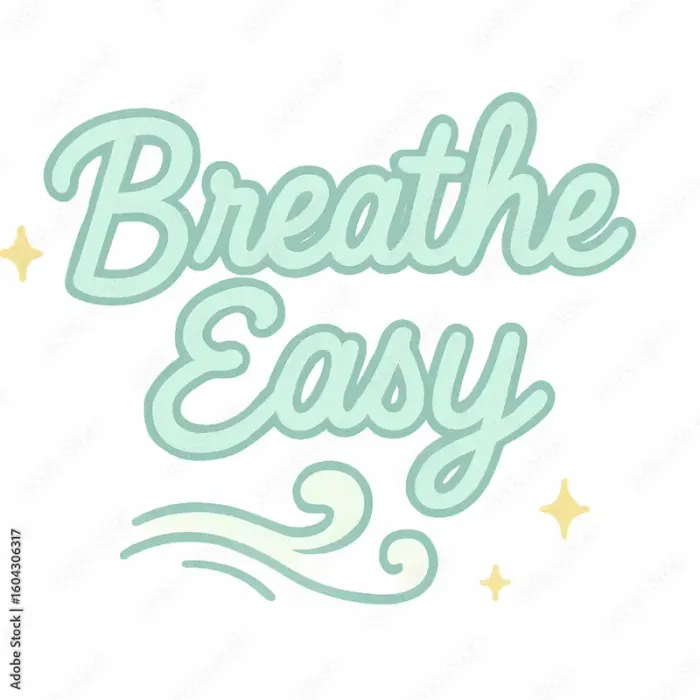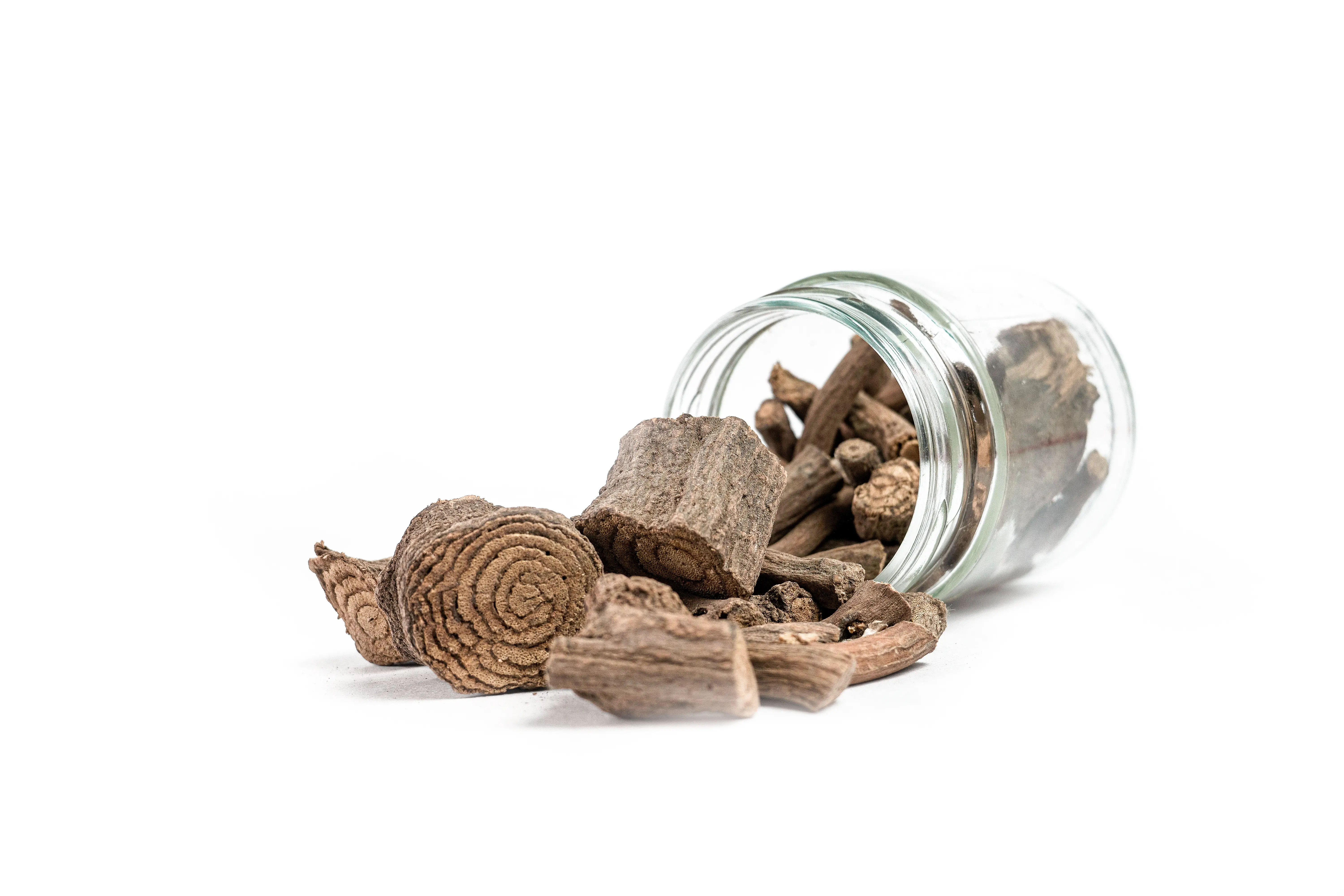Breathe Easy Your Ultimate Guide to Lung Health Tips
Know about lung health, healthy habits to keep it good, recognising symptoms, protection from environmental threats, treatment options and more.

Written by Dr. Md Yusuf Shareef
Reviewed by Dr. Shaik Abdul Kalam MD (Physician)
Last updated on 13th Jan, 2026

Introduction
Take a deep breath. Feel that? It's easy to take for granted, but each breath is a testament to the incredible work of your lungs. These vital organs are the unsung heroes of your body, tirelessly working to oxygenate your blood and remove waste gases. In our modern world, filled with environmental pollutants and sedentary lifestyles, proactively caring for our lungs is more important than ever. Whether you're a fitness enthusiast looking to improve performance or someone seeking to enhance your overall well-being, these strategies will help you breathe easier and live a fuller, more vibrant life. Let's dive into the essential practices for maintaining optimal lung health.
Understanding Your Lungs: The Powerhouse of Respiration
How Your Lungs Work
Your lungs are not just empty sacs; they are complex, spongy organs designed for efficient gas exchange. When you inhale, air travels down your windpipe (trachea) and into two large tubes (bronchi), one for each lung. These tubes branch into thousands of smaller passages (bronchioles), finally ending in tiny air sacs called alveoli. Each lung houses millions of these alveoli, which are surrounded by capillaries. Here, the magic happens: oxygen from the inhaled air passes into the blood, and carbon dioxide, a waste product, moves from the blood into the alveoli to be exhaled. This entire process is supported by your diaphragm, a dome-shaped muscle that contracts and relaxes to draw air in and push it out.
Consult a Pulmonologist for Personalised Advice
Why Lung Health is Critical for Overall Wellness
Healthy lungs are fundamental to your entire body's function. Efficient oxygenation ensures your heart, brain, and muscles have the fuel they need to operate optimally. Poor lung health can lead to shortness of breath, fatigue, and a reduced ability to exercise. Over time, it can contribute to serious conditions like chronic obstructive pulmonary disease (COPD), pneumonia, and even heart problems. By investing in your respiratory health, you're directly investing in your energy levels, immune system, and long-term vitality.
Daily Habits for Stronger, Healthier Lungs
The Golden Rule: Don't Smoke and Avoid Secondhand Smoke
This is the single most important thing you can do for your lungs. Tobacco smoke contains thousands of harmful chemicals that damage lung tissue, inflame airways, and dramatically increase the risk of lung cancer, COPD, and emphysema. It also destroys the cilia, tiny hairs that line your airways and sweep out mucus and dirt. Quitting smoking at any age can halt the damage and begin the healing process. Similarly, consistent exposure to secondhand smoke is a significant risk factor, so advocate for smoke-free environments at home and work.
Exercise: Your Lungs' Best Workout Partner
Physical activity is like a tune-up for your respiratory system. When you exercise, your heart beats faster and your lungs work harder to supply the oxygen your muscles demand. This process strengthens your respiratory muscles, including the diaphragm, and improves the efficiency of gas exchange.
Best Cardio Exercises for Lung Capacity
Aerobic activities are paramount. Aim for at least 30 minutes of moderate-intensity cardio most days of the week. Excellent choices include:
1. Brisk walking or jogging
2. Swimming: The humid air is particularly gentle on the airways.
3. Cycling
4. Dancing
Incorporating Strength Training
Don't neglect strength training! Building muscle, particularly in your core and upper body, helps support your respiratory muscles. Exercises like rows, push-ups, and planks can make breathing feel easier.
Mindful Breathing: Techniques for Lung Efficiency
Most of us use only a fraction of our total lung capacity through shallow "chest breathing." Practices like diaphragmatic breathing (belly breathing) and pursed-lip breathing can train you to breathe more deeply and efficiently. These breathing exercises for the lungs help slow your breathing rate, reduce the work of breathing, and can be especially helpful for managing shortness of breath during activities.
Nutrition for Your Lungs: Eating for Optimal Function
Top Anti-Inflammatory Foods for Respiratory Health
Chronic inflammation can narrow airways and make breathing difficult. Combat this with a diet rich in antioxidants and anti-inflammatory compounds.
Focus on:
1. Leafy greens: Spinach, kale, and Swiss chard are packed with antioxidants that protect lung tissue.
2. Berries: Blueberries and strawberries are rich in anthocyanins, which have been shown to slow age-related decline in lung function.
3. Turmeric: Its active compound, curcumin, has potent anti-inflammatory properties.
Key Vitamins and Minerals that Support Lung Tissue
Specific nutrients are crucial for maintaining the integrity of your respiratory system.
1. Vitamin C: Found in citrus fruits, bell peppers, and broccoli, it boosts immunity and acts as a powerful antioxidant.
2. Magnesium: This mineral supports the muscles of the bronchial tubes, helping them to relax. Find it in nuts, seeds, and dark leafy greens.
3. Omega-3 Fatty Acids: Known for their anti-inflammatory effects, they are abundant in fatty fish like salmon and in flaxseeds.
Hydration: Why Water is Essential for Mucus Clearance
Staying well-hydrated is a simple yet effective way to improve lung capacity naturally. Water helps keep the mucosal linings in your lungs thin. This thinner mucus is easier to clear out, preventing the buildup that can lead to infections and making it easier to breathe.
Protecting Your Lungs from Environmental Threats
Identifying and Reducing Indoor Air Pollutants
The air inside our homes can be more polluted than the air outside. Common culprits include volatile organic compounds (VOCs) from cleaning products, mold, dust mites, and pet dander. Improve your indoor air quality by:
1. Use an air purifier with a HEPA filter.
2. Ventilating your home by opening windows when possible.
3. Use natural cleaning products.
4. Adding indoor plants for air purification, like snake plants or peace lilies.
Navigating Outdoor Air Quality: Tips for Urban Dwellers
It includes:
1. Check daily air quality indexes (AQI) in your area. On days with high pollution or pollen counts:
2. Limit outdoor exercise.
3. Exercise indoors instead.
4. Wear a mask designed to filter out particulates if you must be outside for long periods.
The Importance of Preventing Respiratory Infections
Infections like flu and pneumonia can be particularly harsh on the lungs. Protect yourself by:
1. Washing your hands frequently.
2. Getting recommended vaccinations (flu shot, pneumococcal vaccine).
3. Avoiding close contact with people who are sick.
Recognising Warning Signs: When to Seek Help
Common Symptoms of Lung Distress
It's crucial to listen to your body. Persistent symptoms should not be ignored. Be aware of:
1. A chronic cough (lasting more than 3 weeks)
2. Shortness of breath during routine activities
3. Wheezing or a whistling sound when breathing
4. Coughing up blood
5. Persistent chest pain
The Importance of Regular Check-ups and Screening
Even if you feel healthy, regular check-ups are key. Your doctor can listen to your lungs and address any concerns. For those with a history of smoking, discussing lung cancer screening options is vital. If symptoms like a persistent cough or shortness of breath last beyond two weeks, consult a doctor online with Apollo24|7 for further evaluation.
Conclusion
Your journey to better lung health is a powerful investment in your overall quality of life. By integrating these strategies, quitting smoking, exercising regularly, eating a nutrient-dense diet, and being mindful of your environment, you are taking proactive steps to ensure your respiratory system functions at its best. These habits empower you to breathe deeper, feel more energetic, and significantly reduce your risk of future complications. Remember, consistency is key.
Consult a Pulmonologist for Personalised Advice
Consult a Pulmonologist for Personalised Advice

Dr. Tamal Bhattacharyya
Pulmonology Respiratory Medicine Specialist
8 Years • MBBS, MD (Respiratory Medicine)
Kolkata
MCR SUPER SPECIALITY POLY CLINIC & PATHOLOGY, Kolkata

Dr. R. Nithiyanandan
Pulmonology/critical Care Specialist
6 Years • MBBS, MD Internal Medicine , DM Pulmonary and critical care medicine
Chennai
Apollo Hospitals Greams Road, Chennai
(50+ Patients)

Dr. P Sravani
Pulmonology Respiratory Medicine Specialist
3 Years • MBBS, MD
Visakhapatnam
Apollo Clinic Vizag, Visakhapatnam
Dr. Preeti Kathail
General Physician/ Internal Medicine Specialist
17 Years • MBBS, PGDHHM
Bangalore
Apollo Clinic Bellandur, Bangalore

Santoshkumar P Hammigi
Pulmonology Respiratory Medicine Specialist
4 Years • MBBS,MD, (Respiratory Medicine)
Bengaluru
Apollo Medical Center, Marathahalli, Bengaluru
(25+ Patients)
Consult a Pulmonologist for Personalised Advice

Dr. Tamal Bhattacharyya
Pulmonology Respiratory Medicine Specialist
8 Years • MBBS, MD (Respiratory Medicine)
Kolkata
MCR SUPER SPECIALITY POLY CLINIC & PATHOLOGY, Kolkata

Dr. R. Nithiyanandan
Pulmonology/critical Care Specialist
6 Years • MBBS, MD Internal Medicine , DM Pulmonary and critical care medicine
Chennai
Apollo Hospitals Greams Road, Chennai
(50+ Patients)

Dr. P Sravani
Pulmonology Respiratory Medicine Specialist
3 Years • MBBS, MD
Visakhapatnam
Apollo Clinic Vizag, Visakhapatnam
Dr. Preeti Kathail
General Physician/ Internal Medicine Specialist
17 Years • MBBS, PGDHHM
Bangalore
Apollo Clinic Bellandur, Bangalore

Santoshkumar P Hammigi
Pulmonology Respiratory Medicine Specialist
4 Years • MBBS,MD, (Respiratory Medicine)
Bengaluru
Apollo Medical Center, Marathahalli, Bengaluru
(25+ Patients)
More articles from General Medical Consultation
Frequently Asked Questions
1. Can you actually detox or clean your lungs?
A.While you can't 'detox' your lungs in a drastic sense, you can support your body's natural cleaning processes. Stopping smoking, exercising, staying hydrated, and eating antioxidant-rich foods to clean your lungs (like apples and tomatoes) help your cilia function better and reduce inflammation, effectively helping your lungs clear out irritants over time.
2. What are the best breathing exercises to increase lung capacity?
A.Two highly effective techniques are:
1. Diaphragmatic Breathing: Lie on your back with knees bent. Place one hand on your chest and the other on your stomach. Breathe in slowly through your nose, feeling your stomach push against your hand. Exhale slowly through pursed lips, feeling your stomach fall.
2. Pursed-Lip Breathing: Inhale slowly through your nose for two counts. Pucker your lips as if to whistle and exhale slowly and gently for four counts.
3. How does COVID-19 affect long-term lung health?
A.COVID-19 can cause significant inflammation in the lungs, leading to conditions like pneumonia or, in severe cases, acute respiratory distress syndrome (ARDS). Some people experience lasting symptoms like shortness of breath, fatigue, and a persistent cough, often referred to as 'long COVID.' Pulmonary rehabilitation and the breathing exercises mentioned above can be crucial for recovery.
4. Are there any specific tests to check lung health at home?
A.While a formal diagnosis requires a doctor, you can monitor general trends. A simple method is to check your pulse oximetry (SpO2) with a fingertip device, which measures blood oxygen saturation. A consistent reading below 92% warrants medical attention. You can also try the 'match test' (blowing out a match from a specific distance), though this is less reliable.
5. At what age should I start being concerned about lung health?
A.It's never too early to start! Lung health is a lifelong pursuit. The peak function is in your 20s and 30s, after which it slowly declines. The habits you build in your youth and middle age especially avoiding smoking have a massive impact on your respiratory health as you get older.




